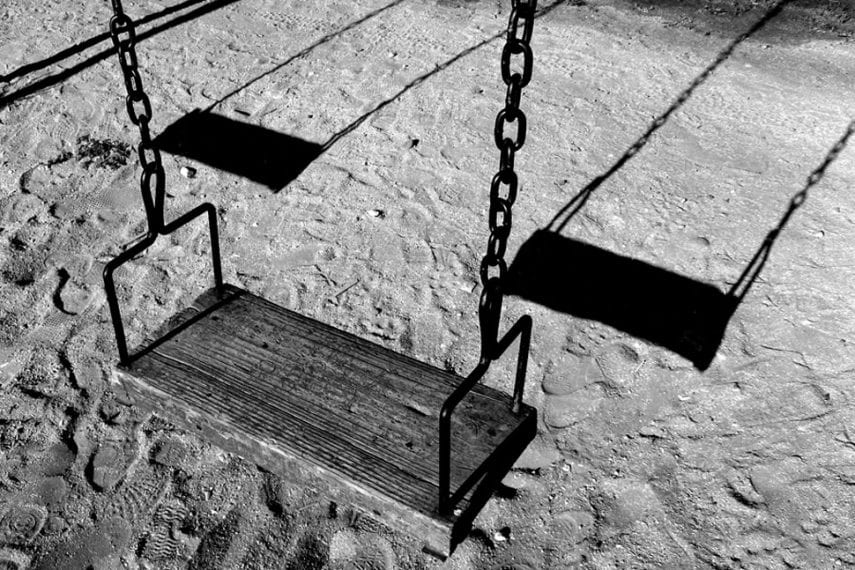One-Track Mind: Addiction and the Tragic Narrowing of Other Interests

Think of almost anyone you know–a neighbor or an uncle or a friend from college. Describe them based on their interests. For most people, it is a variety of things, somewhat unconnected. “Oh, John, yeah–he’s great with cars, and has an abiding interest in the history of the British Navy. He can talk about the Reds all day. He’s one of the neighborhood’s leading experts on violets, and collects old Frank Zappa records. He’s well-rounded.”
This represents nearly everyone: a collection of interests, hobbies, and fascinations developed over a lifetime–we’re the sum of what we know. Now think of someone you know who is an addict. If you were to describe their interests, it would often boil down to their addiction. This can be an unfair reduction, but it isn’t completely out of left field. Addiction takes over the brain and whittles away the things they loved and cared about, until there is just that endless and monomaniacal pursuit of the high. Understanding the signs of addiction is one of the steps on the path to recovery.
Addiction and the Colonization of Your Brain
One of the tragic ironies about addiction is that, while it can take away everything in your life, it is primarily about rewards. The Limbic, or “Reward” System of your brain is an ancient, pre-rational system that provides dopamine when something pleasant happens. This can be love or sex or chocolate, or your child taking their first step or your team winning the game. These are small doses, and are manageable and normal.
Of course, that kind of reward makes people want more. It is perfectly in line with human nature. Think of being told you did well–you want to ask “Yeah, you really liked it?” This isn’t because you doubt the person paying you a compliment, but because even this slight compliment triggers a minor dopamine rush. It is nice, and we want more.
That’s where drugs, alcohol, or other addictive substances come in. They heighten the rewards. The problem is that this alters the chemistry of the brain in a few important ways. Not only does it make the times when you don’t have the high worse, but it also makes it harder for “lesser” pleasures–those not chemically designed to release dopamine–to trigger the same reactions. Addiction has now colonized your brain, and controls the “Reward” System. It doesn’t want to let anything else in.
Losing Interest in Other Passions as a Sign of Addiction
So we see it isn’t just that people are focused on stimulants because they need them; other things seem to pale by comparison. It’s how the addiction latches itself on. That’s why losing interest in other hobbies and pursuits is a very common sign of addiction.
We know that letting interests fall by the wayside is a normal thing in life. People run out of time, find something cooler, realize they weren’t that good at it in the first place, etc. The normal American closet is a monument to short-lived dreams and flickering pursuits. This is a different animal though, a more vicious one, which forcibly makes room for itself in your brain, pushing everything else out.
This is not just about losing interest in tennis. This is about losing interest in everything: tennis, going to the movies, hanging out with your friends, finishing your novel, that TV show you watched for three straight days to catch up on. Everything becomes pale and boring for the person whose addiction has taken over their brain. It isn’t that they are bored; it is that normal things are chemically unable to provide the same amount of pleasure. It is a real, physical reaction.
If you are worried that a loved one is facing addiction, or that you yourself are becoming addicted, look to this as one of the signs. The reason an addict chases after the drug with their complete focus is that they no longer derive pleasure from anything else. It is the only thing that brings them to life, and this is due to simple chemistry.
Getting help means breaking that chemistry and bringing the brain back to a normal place. A residential treatment center can help an addict rewire their brain through compassionate, expert care.
Addiction is full of sharp edges, bright lights, and stark choices. Breaking free of it can help you make the world, and yourself, well-rounded and full of options. You shouldn’t let addiction define you: it’s time to change the definition, and regain your passion for life.






